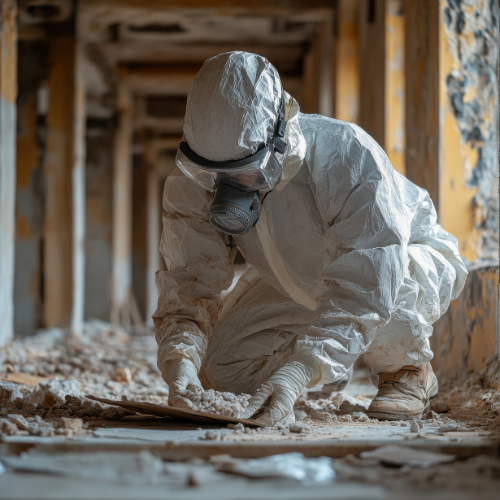Mesothelioma is a rare type of cancer caused primarily by exposure to asbestos. It manifests itself from 10 to 50 years after exposure. The disease invades the membrane around the heart, abdominal cavity or lungs.
Approximately 3,000 people are diagnosed with mesothelioma each year. This figure is far lower than the number of people diagnosed with lung or breast cancer every year. As a result, because mesothelioma is relatively rare in relationship to these other cancers, the money spent on early diagnosis and treatment is substantially lower.
Despite funding problems, specialists in the field continue to search for earlier detection methods. For those diagnosed with other types of cancer, early detection can change the treatment plan and can substantially improve the outcome and prognosis for the patient.
For mesothelioma patients, though, an improved outcome due to early detection does not necessarily seem to be the case and may not result in a change to the patient’s treatment plan. Current treatment of the disease involves a combination of surgery, chemotherapy and radiation. Typically, at least two treatments are used simultaneously.
No treatment for mesothelioma has proven effective as a cure. The disease is difficult to treat, as there is no node or lump to remove since the cancer permeates the entire organ lining. Some treatments, including surgery, cause more discomfort than relief. The biology of the disease is not yet understood, so a medicinal therapy has not been created.
Nevertheless, mesothelioma researchers are undaunted. They continue searching for early detection solutions. Although they may disagree among themselves about whether it will help increase the survival rate, some doctors, who continue to conduct extensive research, believe detecting mesothelioma earlier is the key to making real improvements in treating the disease.
Source: Asbestos.com, “Doctors Debate Success of Earlier Mesothelioma Diagnosis ,” Tim Povtak, August 8, 2012.
Our firm handles situations in which individuals have been diagnosed with mesothelioma. If you would like to learn more about our practice, please visit our mesothelioma page.














